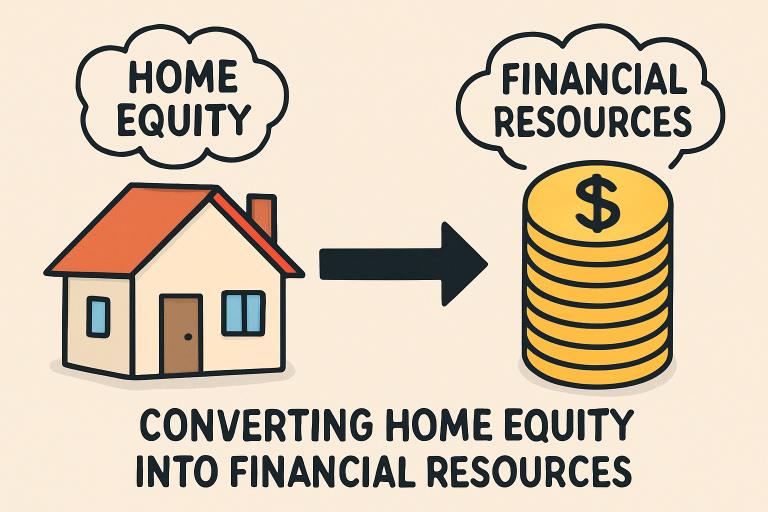Now Reading: How Fiduciary Advisers Support Better Investment Choices
-
01
How Fiduciary Advisers Support Better Investment Choices
How Fiduciary Advisers Support Better Investment Choices

Key Takeaways
- Fiduciary advisers are legally bound to act in their clients’ best interests, ensuring unbiased and transparent financial advice.
- Their responsibilities include prioritizing client goals, fully disclosing conflicts, and ensuring fair compensation.
- Regulatory changes continue to shape fiduciary standards, with ongoing legal and technological developments in the field.
- Choosing a qualified adviser and understanding fee structures are critical for investors seeking ethical advice.
- Both human and AI-driven fiduciary advice are gaining prominence, especially among younger generations.
Understanding the Role of Fiduciary Advisers
In today’s complex financial world, investors face many options, making ethics-driven guidance more essential than ever. Fiduciary financial planners help clients cut through the noise by focusing exclusively on their best interests. Unlike advisers who are only required to provide “suitable” recommendations, fiduciaries are legally and ethically bound to ensure their advice aligns with each client’s financial situation, needs, and long-term goals.
This trust-centered relationship sets fiduciary advisers apart, creating confidence that every decision is motivated by the client’s financial well-being—not outside incentives or commissions.
Key Responsibilities of Fiduciary Advisers
- Acting in the Client’s Best Interest: Thoroughly evaluate financial circumstances and provide tailored strategies that support immediate and future goals.
- Transparency: Clearly disclosing all fees, potential conflicts of interest, and reasoning behind each recommendation.
- Reasonable Compensation: Offering services at a fair cost, avoiding excessive or hidden charges that could erode trust.
Benefits of Working with a Fiduciary Adviser
Partnering with a fiduciary adviser adds a unique layer of protection for investors. Clients gain access to holistic solutions that integrate retirement savings, tax planning, risk management, and estate strategies.
- Unbiased Advice: Fiduciaries eliminate or disclose incentives that could bias recommendations.
- Comprehensive Planning considers the whole financial picture, including investments, cash flow, insurance, taxes, and legacy planning.
Trust and Confidence: Transparency fosters strong, long-term relationships built on integrity.
Recent Developments in Fiduciary Standards
Recently, regulatory agencies have advanced rules to standardize and enforce fiduciary responsibilities. For example, the Department of Labor’s Retirement Security Rule was introduced to require all advisers handling workplace retirement accounts to uphold the fiduciary standard—the rule aimed to shield retirement savers from biased advice and conflicted recommendations. However, as recent court decisions show, the path to permanent reform remains complex and contested. A U.S. judge recently blocked implementation of the rule, marking an ongoing tug-of-war between investor advocates and industry groups.
These regulatory battles underscore the continuous efforts to recalibrate financial advice standards for the benefit of consumers.
Choosing the Right Fiduciary Adviser
Taking the time to select a qualified adviser is fundamental to achieving long-term financial success. Investors should:
- Verify Credentials:Reputable advisers will hold designations such as Certified Financial Planner (CFP), Chartered Financial Analyst (CFA), or Registered Investment Adviser (RIA). These credentials require rigorous training and adherence to strict ethics codes.
- Understand Fee Structures:Ask how an adviser is paid—fee-only, fee-based, or commission-based. Fee-only advisers often offer the most precise alignment with client interests.
- Assess Experience:Review the adviser’s track record in your areas of need, such as retirement planning, tax strategies, or estate planning. If possible, ask for client references and case studies.
Resources like Investopedia’s guide to choosing a financial adviser can help investors make informed decisions.
The Future of Fiduciary Advice
The world of fiduciary financial planning is undergoing a significant transformation as technology integrates with traditional advisory services. While digital investment tools and artificial intelligence (AI) provide rapid data analysis and automated recommendations, many clients—particularly from younger generations like Gen Z—still deeply value human guidance and accountability. Research shows that these investors are likelier to select advisers who blend technical savviness with the personal, relationship-driven approach unique to fiduciaries.
Innovations in regulation, client engagement technology, and evolving investor preferences will continue to shape the financial landscape—reinforcing the importance of ethical standards.
Conclusion
Fiduciary advisers set the gold standard for ethical and expert financial guidance, providing unbiased advice that empowers clients to reach their unique goals. As regulatory clarity grows and technology advances, investors who partner with a trusted fiduciary adviser gain confidence and control over their financial futures. Prioritizing fiduciary relationships is one of the most effective ways to secure and grow wealth for future generations.





















